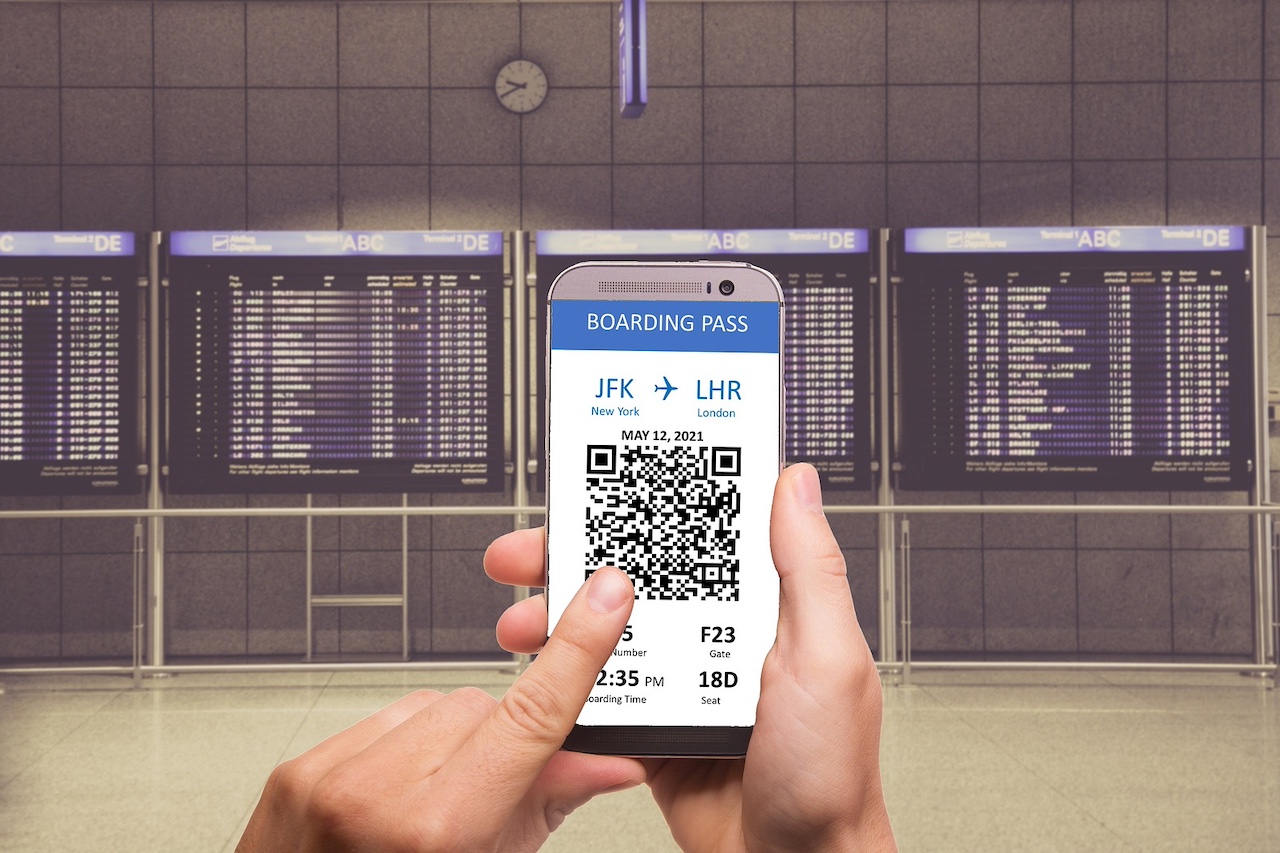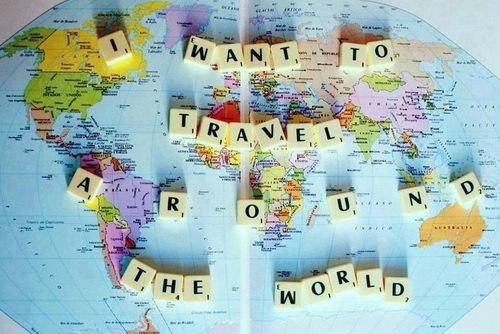An e-ticket is essentially a digital version of the traditional paper ticket, stored electronically rather than printed on paper.
This shift reflects technological advances and aligns with changing consumer preferences toward more sustainable and convenient options.
In this artice we will delve into what e-tickets are, explore their necessity, discuss their advantages over traditional tickets, and provide a guide on obtaining an e-ticket.
What is an E-Ticket?
An e-ticket, or electronic ticket, is a digital ticket purchased online and delivered digitally. It can be accessed through email, a mobile app, or a website. The e-ticket contains a unique identifier, such as a barcode or QR code, which can be scanned from a device at the entry point to validate its authenticity.
This system eliminates the need for physical ticket printing and handling, aligning ticketing processes with modern, digital management systems. E-tickets are common in various sectors, including travel, entertainment, and even daily commuting, reflecting a significant shift in how service providers and consumers handle transactions efficiently.
Why Do We Need E-Tickets?
1. Environmental Sustainability
The environmental benefit is one of the most compelling reasons for the shift towards e-tickets. Traditional paper tickets require significant amounts of paper and printing resources, not to mention the environmental cost of shipping tickets to consumers.
E-tickets reduce the need for these resources, contributing to a decrease in paper waste and carbon emissions associated with traditional ticketing. By adopting e-tickets, providers and consumers partake in environmental stewardship, pushing for a more sustainable world.
2. Convenience and Accessibility
E-tickets offer unparalleled convenience. They can be purchased and received instantly anywhere and at any time, as long as the purchaser has internet access. There’s no waiting for mail delivery or the need to go to a ticket office physically. E-tickets also reduce the risk of lost or forgotten tickets, as they can be easily accessed on a mobile device. Managing all tickets in one digital wallet simplifies logistics tremendously for regular travelers or attendees of multiple events.
3. Enhanced Security
E-tickets come with enhanced security features. The unique barcode or QR code associated with each e-ticket reduces the risk of theft or counterfeiting. Moreover, changes to the ticket holder's details and the ticket's status can be updated in real-time in the issuer's database, further enhancing security. The digital nature of the ticket ensures that only the legitimate ticket holder gains entry, and fraudulent attempts can be quickly identified and handled.
4. Cost-Effectiveness
The cost of issuing e-tickets is lower than that of physical tickets. There is no need for physical materials or delivery costs, and the administration involved is significantly reduced. This cost reduction can often be passed on to consumers through lower booking fees and reduced ticket prices.
Furthermore, organizations save on administrative costs related to handling, printing, and mailing traditional tickets, which can be substantial depending on the scale of the events or services offered.
Benefits of E-Tickets Over Traditional Tickets
1. Streamlined Operations
For event organizers and transport operators, e-tickets simplify the entry process. Scanning e-tickets is faster and more reliable, reducing queues and improving customer satisfaction.
The digital nature of e-tickets allows for better crowd management and quicker adjustments to operational plans based on real-time attendance data. For large events, this can mean smoother entry processes and better experiences for attendees, as congestion and the potential for entry errors are minimized.
2. Easy Transfers and Changes
E-tickets can be easily transferred or changed without the necessity for physical delivery. Most e-ticket systems enable customers to transmit tickets to others or alter the date and time of their booking through a straightforward online platform, enhancing flexibility and convenience. This feature is handy for consumers who face unpredictable schedules or wish to gift or resell their tickets legally and securely.
3. Data Insights
E-ticketing systems supply valuable data that can enhance services and customer experiences. Organizers can track sales and attendance patterns in real-time, enabling them to make data-driven decisions about pricing, promotions, and event schedules. This access to detailed analytics allows for a more tailored approach to marketing and customer engagement, potentially ushering in increased user satisfaction and loyalty.
Obtaining an E-Ticket
1. Online Purchase
The most common way to acquire an e-ticket is through an online purchase. Whether for travel, cinema, concerts, or sports events, most organizers and service providers now propose an online booking alternative through their websites or trustworthy booking platforms.
Here, customers can choose seats, add extras, and complete their purchases utilizing electronic payment methods. This convenience is further enhanced by proficiency in selecting specific preferences, making the experience more personalized.
2. Mobile Apps
Many companies and event organizers propose dedicated mobile apps through which e-tickets can be purchased and stored. Apps often supply additional functionalities, such as event reminders, directions, and even augmented reality features that enhance the event experience. These apps are designed to propose a seamless user experience, integrating ticket purchasing, event information, and entry processes into a single platform.
3. Email and Print-at-Home Options
Upon purchasing an e-ticket online, customers usually receive a confirmation email that includes the e-ticket as a PDF attachment. This can be saved on a mobile device or printed at home, providing a backup in case of device issues. This option still offers the benefits of an e-ticket but with the added security of having a physical copy if preferred.
4. Third-Party Vendors
In addition to buying directly from the service provider’s website or app, e-tickets can be purchased through third-party vendors. These platforms aggregate ticketing options from multiple sources, often offering competitive prices and package deals. This method can be particularly beneficial when looking for tickets sold out at other venues or when comparing prices across different providers.
E-tickets and the Future
E-tickets represent a significant advancement in the way we manage, use, and understand ticketing today. They align with environmental goals, enhance customer convenience, reduce operational costs, and improve security.
The future of ticketing is digital, and e-tickets are ushering the way in this transformation, making them a paramount aspect of modern-day transactions across diverse sectors. Whether for travel, entertainment, or any other event, e-tickets offer a streamlined, secure, and sustainable option that meets the needs of today’s digital and mobile consumers.
























